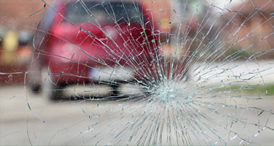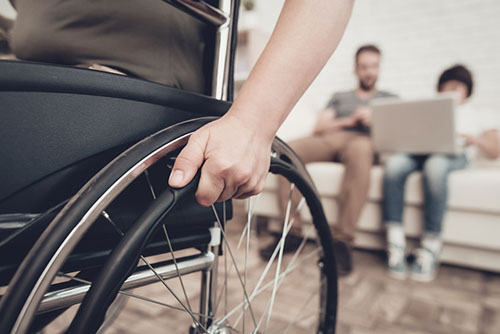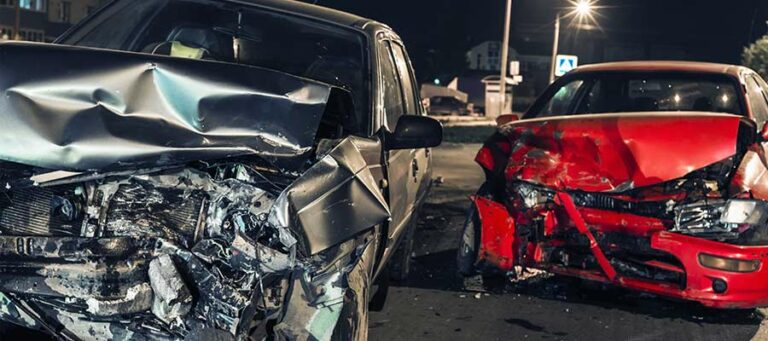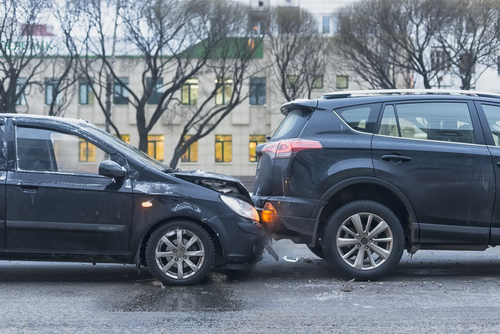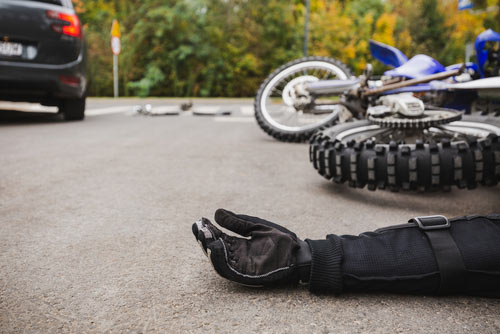If you have been involved in a car accident, it is very important that you maintain appropriate communication with your insurance carrier. Below, the Indiana attorneys at Rowe and Hamilton have put together some helpful “do’s” and “don’ts” to remember while going through the car accident insurance claims process. Keeping a list like this inside your glove compartment may be handy when an Indiana car accident occurs.
The Things You Should Do When Dealing with an Indiana Car Accident Claim
DO make sure to call your insurance agent as soon as an accident or injury takes place. Make the insurance call as soon as you get home or while you are waiting to see a doctor, if injured.
DO review and gain a good understanding of your insurance coverage before talking to your insurer or your agent. Look closely over the “coverage” and “exclusions” sections of your insurance policy.

DO take detailed notes of all the conversations you have with your insurance company and their representatives. Remember to write down specific names, numbers, and the job title of who you are speaking with about your claim each and every conversation. Keep these notes organized, for you may need them later on.
DO consider that you may have car accident insurance coverage under another insurance policy, as well. Many individuals have more than just one policy that may cover the claim or part of the claim. For example, some homeowner policies, and “umbrella” policies cover a wider range than that of your primary auto policy.
DO take plenty of photos when involved in an Indiana car accident. Take photos of damages to the vehicles, the accident scene, and any visible injuries sustained. It is a good idea to take photos of the license plates, driver’s licenses, and insurance cards, as well.
DO remain honest and forward with your insurance carrier. Even if it seems embarrassing, it is far better if your insurer knows all the facts and details surrounding the accident. Failing to be honest with your insurer could invalidate your policy or result in a denial of your auto claim. Of course, make sure you discuss your situation with a car accident attorney to find out the best way to discuss the claim with your insurer to avoid unexpected issues down the road.
DO gain an understanding of the differences between replacement coverage and depreciated or general cash value. If your insurance policy provides you with replacement coverage, do not settle a personal property loss for an actual cash value. If you have replacement loss coverage, you could be required to replace lost items before you receive your full reimbursement.
DO keep all of your receipts, expenses and bills concerning your claim and treatment for your injuries. You need to begin saving these receipts from the moments immediately following your car accident through the whole insurance claim process. It is recommended that until your final settlement is reached with your insurance company, all of the receipts, medical documents, photos, and insurance notes should be kept safe and organized.
The Things You Should Avoid Doing for an Indiana Car Accident Insurance Claim
DO NOT give any written or recorded statements to your insurer until you are certain that you understand your policy coverage. Keep in mind that you are not required to allow the insurance company to record your phone conversations. If you ever have doubts, consult with an experienced car accident attorney.
DO NOT immediately accept the estimate or appraisal of your damages and losses given to you from the insurance company. Often, insurance companies will try to get you to accept their estimator’s repair or replacement estimates, which can be a bit low.
DO NOT sign any waivers or releases of any kind until you seek legal advice. A dreary financial situation after a major car accident can make it seem necessary to accept an inadequate or premature settlement from your insurer. However, you may not fully be aware of the extent of all damages. For example, if you remember property that is destroyed after you have already signed a release for settlement payment, then you will likely not be reimbursed for that loss. This is why it is important to consult with an experienced Indiana auto accident attorney before signing a waiver or release. Always read the fine print on the payment from an insurance company.
DO NOT accept any check that states “final payment” unless you are ready to settle and do so. Don’t ignore or lose track of the time limits that are set by your policy. Most policies require that a proof of loss has to be signed within a certain amount of time. Make sure that you comply with these time requirements unless you get a written waiver from your insurance carrier. Most policies allow you one year from the date of the car accident to bring a legal action forward if your claim has not been adjusted fairly. If your claim is taking a while to settle, contact an auto accident lawyer to help you in the process.
DO NOT forget you have a binding contract with your insurance carrier. Your insurance carrier has a legal obligation to provide the coverage it promised you. Be insistent and persistent about enforcing that obligation.
Do You Have a Valid Claim for Damages? Contact an Indiana Car Accident Attorney Today
Auto accidents are the leading cause of personal injury claims throughout the United States. Most minor accidents can be resolved through your insurer, however major accidents that involve serious injuries should be handled by a skilled Indiana car accident attorney.
If you or a family member has been injured in an auto accident, let one of our competent attorneys review your claim and advise you through the complex legal process. The attorneys at Rowe and Hamilton have built a solid reputation for dealing with insurance companies. Our legal team will always fight for your rights and work to get you the compensation you deserve.
